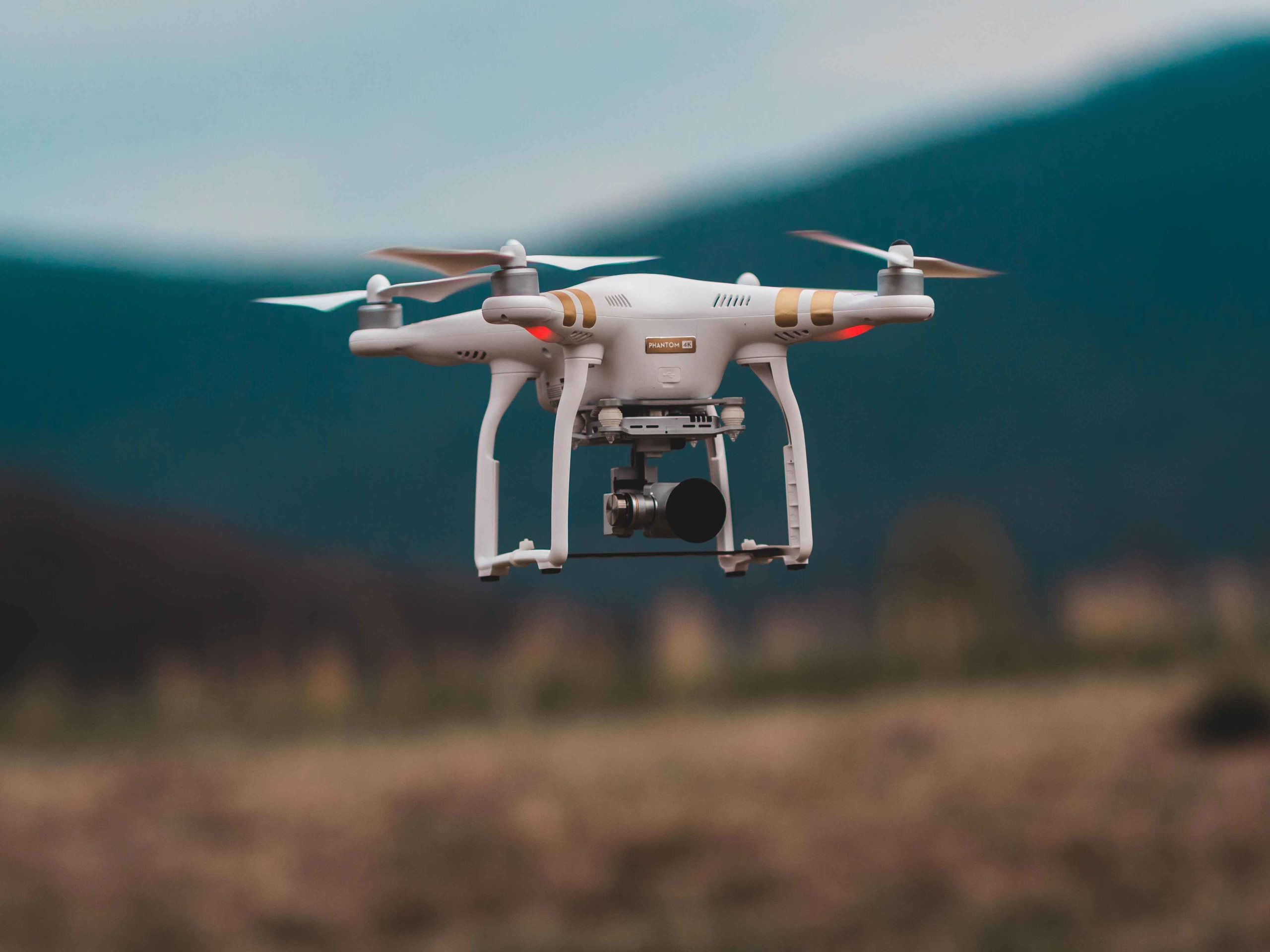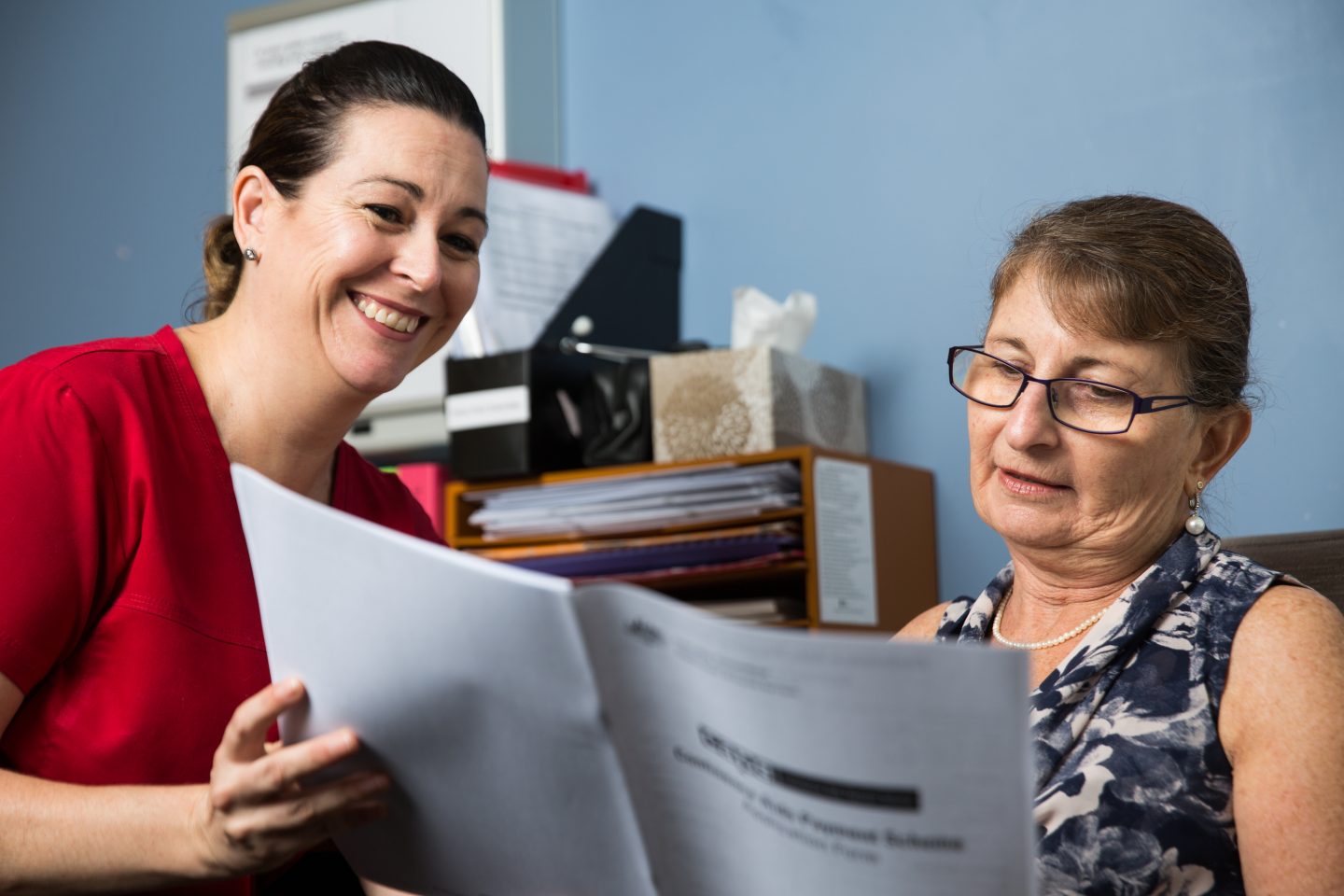When you think of drones, what comes to mind? Many people instantly think of military drones, and although they’re the most familiar type, they’re probably the least common in civilian airspace.
We’re now at the dawn of the recreational and hobby drone age. Drones, technically known as unmanned aerial vehicles (UAVs), are now more affordable than ever. One of the most common types of drone is the hobby drone. As the affordability of hobby drones rises, so too comes an increase in drone usage. In fact, according to the FAA, in 2015 alone there have been over 650 drone sightings by aircraft pilots – more than double the 238 sightings in 2014. Does your church have access to a drone? Are you wondering what to do with it? We’ve seen many churches using their drones to evaluate the exterior conditions of their facilities, such as the roof and rain gutters. That can mean less worry over a worker falling from a ladder during an inspection.
Check out what this San Diego church did with a drone during their 110th anniversary:
Drones Bonus Footage from La Jolla Presbyterian Church on Vimeo.
A drone may also be useful during large events. One common application is patrolling parking lots during large church events. They’re a great way to monitor the flow of people and vehicle traffic during an event. Drones are also useful for getting a great aerial photography shot or video of your church’s event for use in a church’s promotional materials. You may even want to consider using drones as part of your church’s outreach programs. Why not celebrate International Drone Day? Hosting a “Drone Day” at your church is a great opportunity to invite all the local drone operators in your region to showcase their drones on the church campus. Your church or one of its members may be eager to use a drone for church-related functions. Here are some liability issues to consider before getting started.
Insurance Viewpoints
Believe it or not, there is a question about insurance coverage when it comes to drones. The last time that you read your insurance policy, you might have noticed that there is an exclusion for ‘aircraft’. Well, with the FAA Modernization and Reform Act, the definition of aircraft now includes drones. So, your insurance policy, without something in writing from your insurance company that says otherwise, would exclude a claim involving a drone. Just drop us a note and let us know that you are using a drone in ministry and we’ll provide you something in writing that waives this exclusion. Not insured with ChurchWest? Contact us and we’ll fix this for you.
Safety Issues
Make sure whoever will operate the drone is trained in how to do so. If operated incorrectly, there is plenty of opportunity for an employee to injure themselves or others while operating the drone. A drone operator also needs to make sure that they avoid distracting those in the vicinity of the drone itself. There have been instances of people being injured when walking around and staring up at a drone. In addition, be careful to avoid flying too closely to roads or sidewalks, as the last thing you want to do is to hit a person with your drone or crash into a car with it. Check out this drone safety PSA featuring Jeff Dunham: https://youtu.be/Ay7iKzN5Pxs
Legal Issues
It’s also important to be aware of any restrictions for drone operation in your state. From an insurance perspective, drones represent at minimum liability risks for bodily injury, property damage, and personal injury liability risks. Bodily injury and property damage can occur in situations where a drone operator loses control of the drone and there is a crash. One of the biggest risks is for drones that are capable of flying high enough to interfere with flight paths. For example, in California, drones are forbidden near active fire zones as they could fly or be sucked into the jet engines of an airplane responding to the fire, causing the engine to fail and the plane to crash. Here’s a handy tool that will help you figure out if it is safe to fly a drone in your area. Remember, the FAA requires that your drone be registered.
Privacy Issues
Drones also spark privacy fears for some people. Try to keep your drone from lingering near windows or events with children present. Someone could claim a privacy violation or become aggressive if they think you are filming their children. Again, from an insurance standpoint, this could also be a personal injury (invasion of privacy, etc.) exposure as most drones are equipped with photo and video capabilities. If you find that people are flying their drones over an area where you would rather that they didn’t (playgrounds or areas where people are gathering), use the FAA ‘No Drone Zone’ toolkit to notify them that it’s not the time nor the place for their drone. Leave a comment below and let us know what you think about using drones on your church campus. You can also talk to us on Twitter or Facebook.






